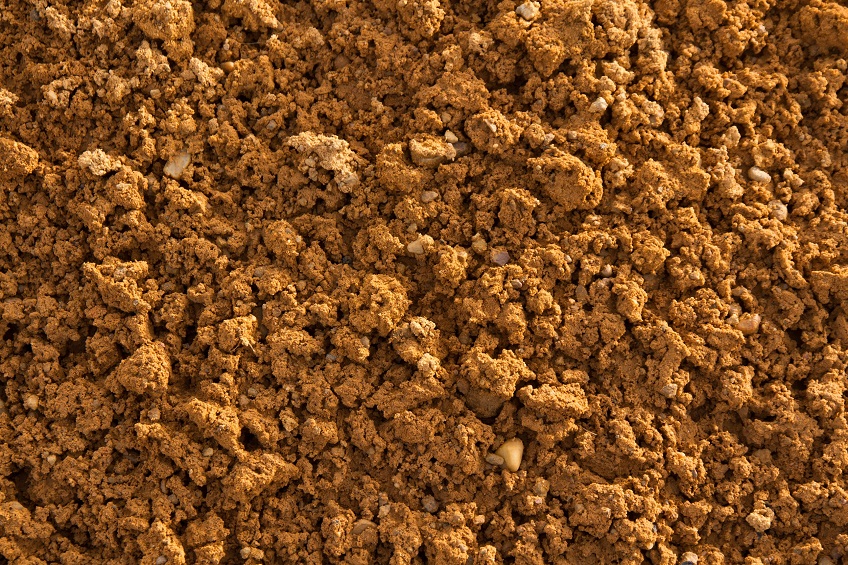


Many areas along the Wasatch Front contain heavy clay soils. Compacted clay soil in your lawn and garden area can make for tough planting, but don’t get discouraged. Clay soil also offers great benefits, it just may take a bit of work and some high-quality amendments to get it where you want it to be. Quality, healthy clay soil can actually be less work for you and is a good foundation for healthy plant growth. Clay’s individual particles are much smaller than other types of soil, which means it’s able to hold nutrients and water well. Clay’s benefits can also be its biggest challenge. The benefit of clay’s smaller particles for water and nutrient retention can also create a problem when it’s compacted. The particles compact either from heavy rains or pressure applied when the soil is wet, and this restricts the water, nutrient, and air movement. Over time, plants become vulnerable to root disease and nutrient deficiencies.
Here are some tips to help you get that compacted, heavy clay soil to a good place so you can reap the rewards.
Test it: Even if you’re sure your soil is compacted, heavy clay, get it tested first because you make drastic changes. Sometimes it’s not as bad as it appears, and getting a test can save you money, time, and frustration. Plus, you’ll know exactly what you need to do as soon as you get the results. Even if you don’t have heavy clay soil, it’s recommended to test your soil about every three to four years.
Get the right soil amendments: Soil amendments can turn problematic clay soils into a healthy place for plants to thrive. Avoid using sand or peat moss as an amendment to compacted clay soils as they will make the problem worse. Rather, consider adding high-quality organic compost, pine bark, composted leaves, and/or gypsum. These products will help improve the structure of the soil and eliminate compaction issues. With the test results, you will know how much and right type of organic matter to add to your soil for the best results. Generally speaking, a layer of three to six inches of organic matter worked into the soil about a foot deep will be a good bet, then follow up with applications of one to three inches as a topdressing each year. Gypsum can be easily applied to the soil surface with a fertilizer spreader and is a great amendment for immediately improving the overall structure of the soil.
Aerate annually: For heavy, compacted clay soils, core aeration is necessary to open up the soil an allow water, air, and nutrients to get into the clay. The cores left on the surface will slowly disintegrate back into the soil.
If you’re dealing with tough soil, don’t get frustrated and give up. At The Dirt Bag, we have excellent organic compost and amendments that do wonders for heavy, compacted clay soils commonly seen throughout Utah. Call or visit us today for some advice so you can get your yard looking lovely quickly.